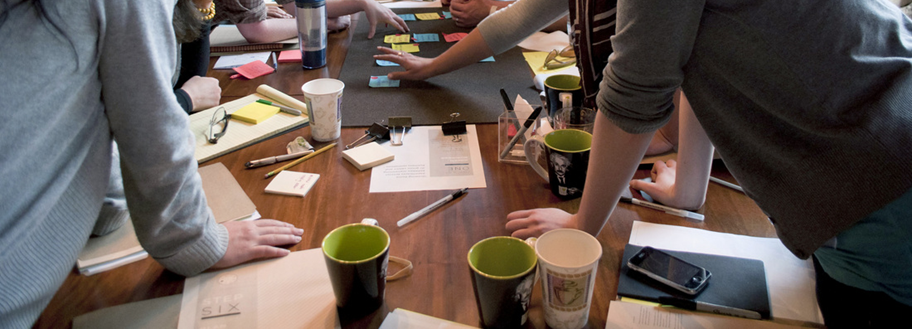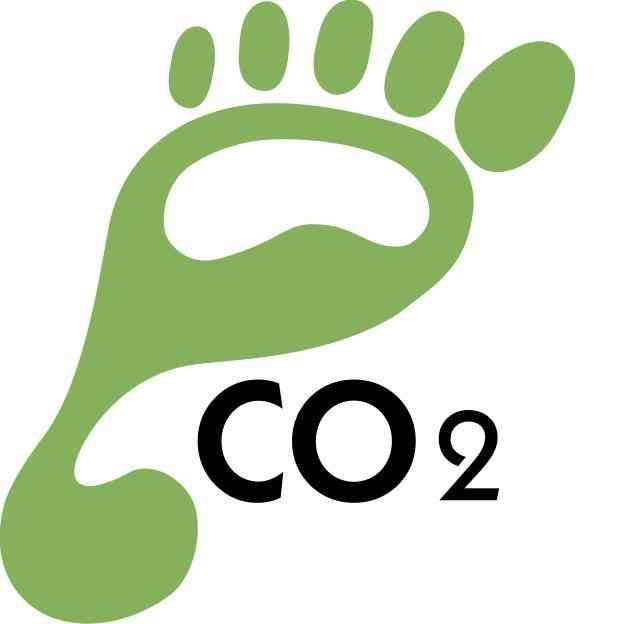Next steps for SHARECITY – What difference does Food sharing make?
Published by SHARECITY on the 31st January 2018.

Next steps for SHARECITY – What difference does Food sharing make?
Would you like to know your sustainability sharescore?
A big hello to everyone out there following the progress of SHARECITY. The gloom of January is lifting and the project is bouncing into its next phase full of purpose. Following on from the fundamental work that the project has done so far; both in constructing the SHARECITY database and documenting the stories of food sharing organisations around the world, it must now address another challenge that SHARECITY was established to tackle. What are the impacts of all these new urban food sharing networks in terms of the sustainability of the food we eat? Perhaps even more interestingly, what are the potential sustainability implications as these organisations become more common around the world and, in some cases, expand in scale? In aid of this effort the project has a new hire – me! I have a research background modelling the environmental impacts of agriculture systems and, in particular, developing Life Cycle Assessment models of livestock production. In short, I am experienced at crunching the numbers and sorting through the nitty gritty of material and energy flows in food production systems to come up with useful answers on food sustainability, so that other people don’t have to!!
 A big challenge for SHARECITY is that it must try to push beyond the landscape of popular food sustainability assessments which can tell you what the carbon footprint of a sandwich is or whether a product is certified Fair trade or Organic (although that is not a criticism, these exercises are valuable in their own right). So much of the work done on food sustainability is product based, we either compare different products or we compare different pathways to the same product. At a higher level some researchers have begun to develop more complex frameworks to assess the sustainability of food as produced and consumed by cities or nations. However, SHARECITY is a project very much focused on partnering with grassroots organisations. As such, it aims to capture the complex impacts that relatively small organisations can have on the social wellbeing and physical health of urban communities, as well as documenting the more obvious impacts of cases where organisations prevent food waste on a larger scale. A key element of my role with the SHARECITY project will be to work closely with partners of the project to Co-design an opensource toolkit which will enable food sharing organisations to easily communicate their sustainability impacts. Addressing these complex intellectual challenges, while working closely with organisations which are demonstrating a positive vision for the sharing economy, is what excited me about the SHARECITY when I first came across the project and is why I was motivated to join it. I am 2 weeks into the job and brimming with enthusiasm so please get in touch if you wish to discuss any aspect of the project, particularly in relation to sustainability impact assessment and the toolkit co-design.
A big challenge for SHARECITY is that it must try to push beyond the landscape of popular food sustainability assessments which can tell you what the carbon footprint of a sandwich is or whether a product is certified Fair trade or Organic (although that is not a criticism, these exercises are valuable in their own right). So much of the work done on food sustainability is product based, we either compare different products or we compare different pathways to the same product. At a higher level some researchers have begun to develop more complex frameworks to assess the sustainability of food as produced and consumed by cities or nations. However, SHARECITY is a project very much focused on partnering with grassroots organisations. As such, it aims to capture the complex impacts that relatively small organisations can have on the social wellbeing and physical health of urban communities, as well as documenting the more obvious impacts of cases where organisations prevent food waste on a larger scale. A key element of my role with the SHARECITY project will be to work closely with partners of the project to Co-design an opensource toolkit which will enable food sharing organisations to easily communicate their sustainability impacts. Addressing these complex intellectual challenges, while working closely with organisations which are demonstrating a positive vision for the sharing economy, is what excited me about the SHARECITY when I first came across the project and is why I was motivated to join it. I am 2 weeks into the job and brimming with enthusiasm so please get in touch if you wish to discuss any aspect of the project, particularly in relation to sustainability impact assessment and the toolkit co-design.
© 2015 - 2024 ShareCity | Web Design Agency Webbiz.ie







